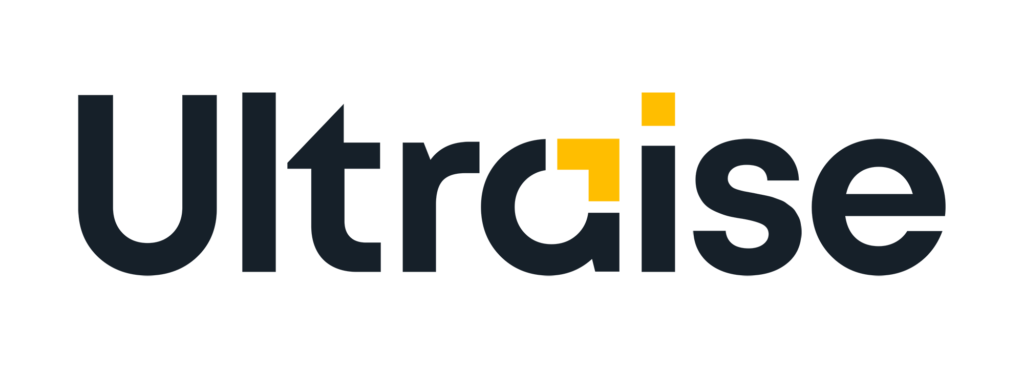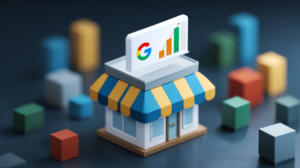Did you know that 60% of freelancers make more money than they did in their previous jobs?
This is actually a real fact.
If you are reading this post, you probably decided to start a freelance career, whether you plan to do it as a side hustle or full-time.
I bet you are very excited about it, which is a good thing. And I don’t want to destroy the party, but I must tell you the truth: Starting as a freelancer is a tough mission because of the high competition in this industry.
Let’s say you decided to start working as a freelance website designer, what’s your chance to succeed?
There are at least tens of thousands of other website designers who offer the same services as yours.
But fear not, fellow freelancer!
I wrote this post to address this exact issue.
I will expose the right platforms to get started with freelancing and explain how you can stand out in a crowded marketplace and win the best jobs.
And if that’s not enough, I will show you real examples of people who started a freelance career from zero and became successful, so you can do the same and succeed as well.
This post may also interest you: The Best Marketing Strategies to Grow Any Business
But before we begin, it’s important to be aware of the tough parts of freelancing.

AD:
Table of Contents
ToggleThe Freelance Hustle: Why It’s Tougher Than You Think
When you enter the freelance marketplace, it’s like entering the Wild West: chaotic, unpredictable, and full of opportunities – But only if you know where to look.
With millions of freelancers from all over the world competing for attention, getting your voice heard and winning jobs is not a walk in the park.
What Kind of Challenges Are You Going to Face?
1) Hard Competition – On Steroids: Whether you’re a designer, writer, marketer, or developer, there’s always someone willing to do what you do for cheaper or faster. So, what’s the right way to stand out? (Spoiler alert: lowering your rates is not the answer).
2) Portfolio Problems: At the beginning of your freelance career, one of the biggest problems is a little portfolio. Without a portfolio that is big enough, potential clients will be cautious and may request proof of the quality of your service.
3) Finding the Right Clients: It may sound funny, but you should not work with everyone. Some clients can be like heaven or your worst nightmare.
Sorting the good from the bad is an art, and it takes time to develop that sixth sense for spotting red flags.
I suggest you start a list of red flags and mention things that can alert you not to work with potential clients who don’t fit your services.
This video explains well how hard it is to start as a freelancer:
AD:
Ok, I didn’t tell you all of this to disappoint you.
It’s time to talk about the real deal of this post.
How to Stand Out in a Crowded Marketplace
1) Find a Niche: You can’t do everything for everyone. You have the best chances to succeed in your freelance career if you pick a specific niche and stick to it, like graphic design, or web development.
2) Showcase Your Skills with Real-World Examples: If there’s one thing that could convince your clients that you are good, it’s your work. And what’s the best thing about it? You can showcase your work even if you don’t have clients yet. Just show them projects you have done that will emphasize your talent.
3) Deliver Awesome Customer Service: Great freelancers are people who are fun to work with. Client satisfaction is a combination of quality work and outstanding customer service that will make your clients want to work with you again and again.
4) Market Yourself Like a Pro: Don’t rely on freelance platforms to do the job for you. Instead, use digital marketing strategies, like website SEO, paid advertising, and organic content on social media to expose your services to more potential clients.
The more visible you are = the more gigs you’ll land.
Now, here’s the million-dollar question: Should you rely on these platforms forever, or is it better to build your own brand with a personal website and self-promotion?
Why Freelance Platforms Work
For beginners, freelance platforms are a godsend. They offer exposure to clients, a system that handles payments, and built-in traffic, which is basically everything you need to start working.
That’s the easiest way to start building your portfolio and getting that first bit of experience.
But the downside? These platforms must earn somehow, right?
The way they do it is by taking a hefty cut of your earnings, which decreases your income significantly in the long run.
In addition, you are always at the mercy of their algorithms. For example, your favorite freelance platform changes the rules (Which happens a lot by the way), and your exposure drops, as well as your income.
Building Your Own Brand
The second option is for those who want to go from freelancer to freelance empire, and building a strong brand is the way to go.
Creating a website, marketing yourself through social media, and networking directly with clients gives you complete control over your career. Plus, no more platform fees! Just you and your amazing work.
But remember that it takes time and effort, so it may not be your ideal beginner’s solution.
If you want to build your own website, it’s easy to do it with Elementor Pro (a WordPress website builder).
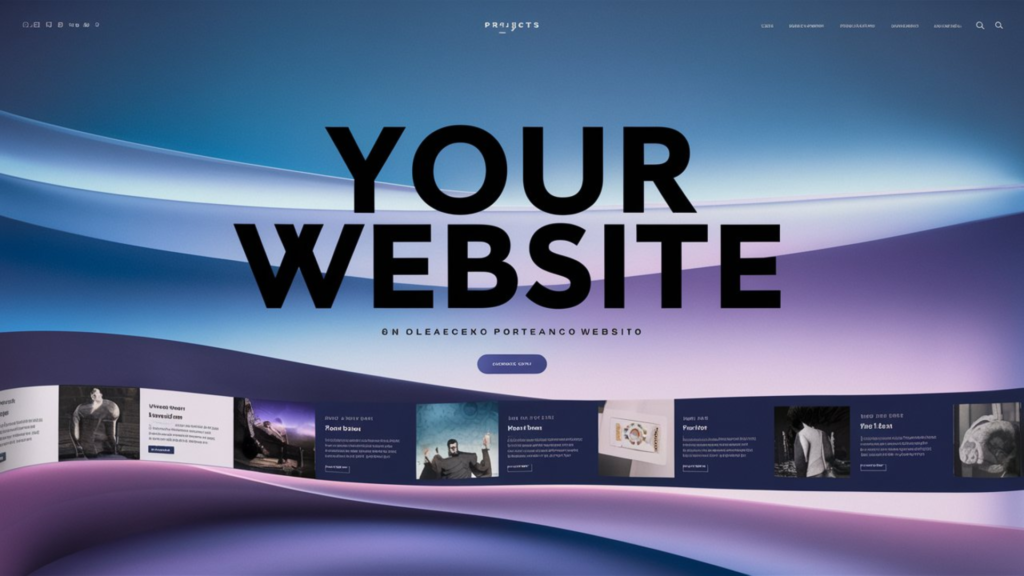
AD:
Choosing the Right Platforms to Get Started
If you are interested in freelance platforms as the launchpad for your career, I’ve got you covered.
Let me show you the best platforms you can start with:
1) Upwork
I love this website because it contains millions of clients and freelancers from all over the world.
This is a great platform for new freelancers with existing portfolios and projects they can show.
In addition, the platform offers everything from one-time gigs to long-term hourly contracts.
Upwork has tons of job opportunities you can bid on, a secure payment system, and an easy-to-use interface.
2) Fiverr
Fiverr is like a fast food restaurant for freelancing.
Here, clients shop for freelancers the same way you order your favorite takeout. Freelancers create “gigs” (basically, mini-services) that clients can purchase at a set price.
Fiverr is simple, streamlined, and great for quick, one-off projects.
The downside of Fiverr is that starting to receive orders doesn’t happen like magic, it takes time and requires you to share your gigs with other people.
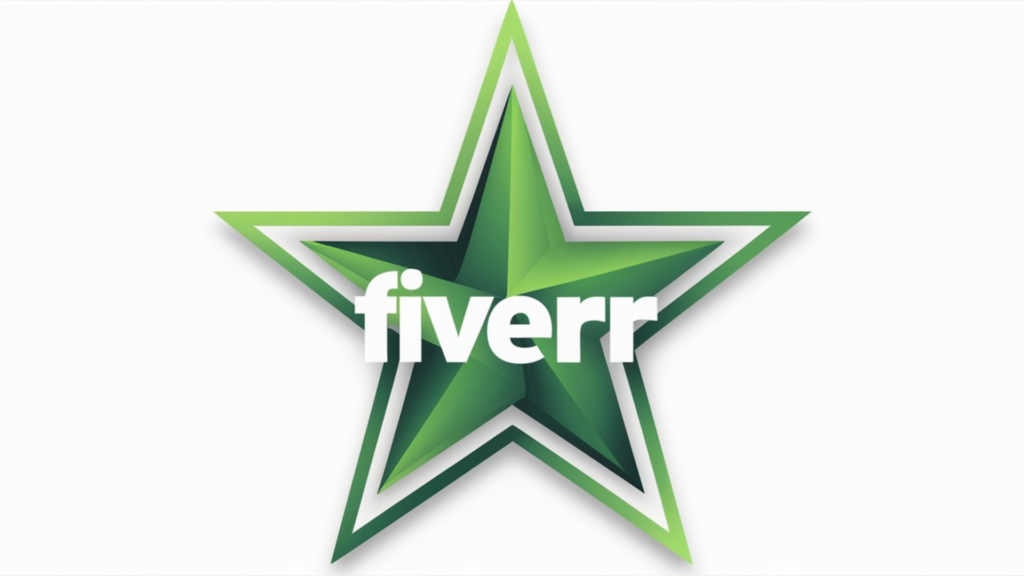
3) Freelancer.com
This is another popular marketplace, with a broad spectrum of freelance jobs. It is pretty similar to Upwork in the way you bid on projects, so it is worth trying for sure.
Real People Who Built a Freelance Career From Zero
It’s time to show another thing you have been waiting for: Examples of real people who built a freelance career from scratch, exactly like you are about to do.
Andrea Reggio - Freelance Writer
Andrea started as a freelance writer after leaving her corporate marketing job, looking for more flexibility.
She started to work on platforms like freelancer.com, taking on small projects to build her portfolio and client base of more than 71 reviews of 4.8 stars on average.
By consistently delivering high-quality work and gradually increasing her rates, she was able to turn freelance writing into a full-time career within about a year. Andrea focused on niching down into specific industries and types of writing projects as she gained more experience.
David Nuff - Artist and Web Developer
This guy started as a freelance artist and web developer while traveling, yep – a real digital nomad.
He started on freelance websites like Toptal to build a diverse skill set that allowed him to take on a variety of projects.
The way David used to attract clients is social media. Over time, he was able to build a steady stream of clients and projects.
Ellen Yin - Digital Marketing Consultant
Ellen is a great example of someone who quit her job to start freelancing. She brought her passion and skills to take on small projects, build her portfolio, and gain experience.
She focused on providing the best customer service, which helped her leverage her results and testimonials to attract higher-paying clients. She even started her own website and established herself as a real expert in this field.
Within just a few years, she built a six-figure freelance business.
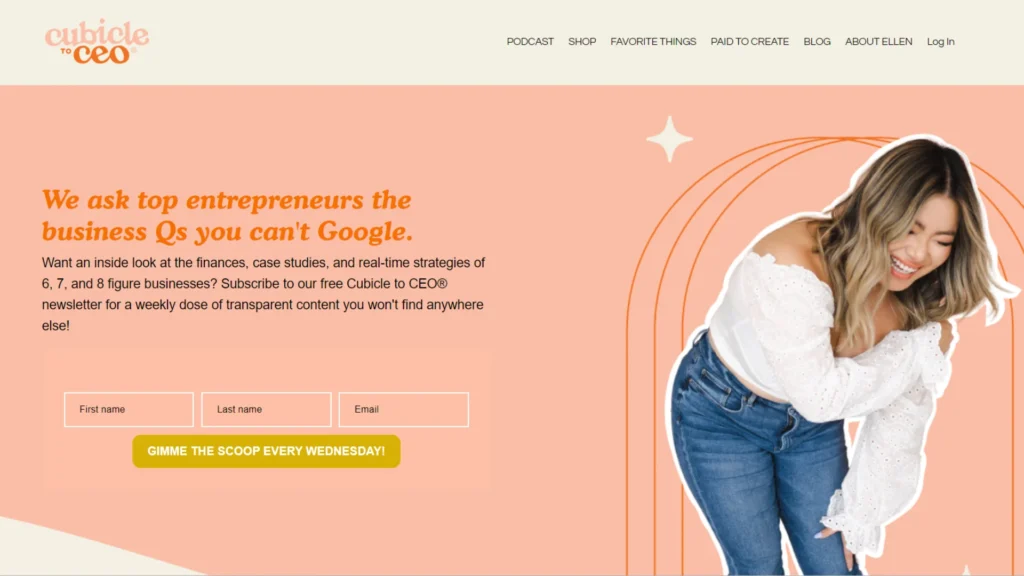
Final Thoughts: The Freelance Dream is Within Your Reach
Starting as a freelancer can feel frustrating, but with the right mindset, tools, and strategies, you can carve out a successful career.
Whether you plan to have your own website or open a profile on freelance websites, the key is to be persistent and patient.
And remember, never underestimate your work, and enjoy the ride 🙂
AD:


